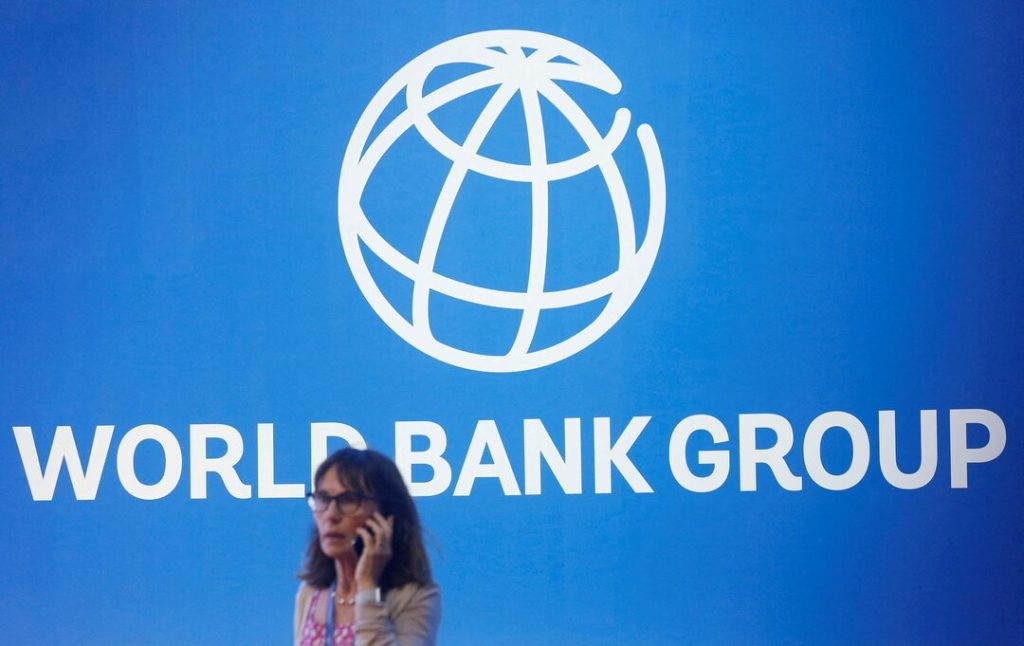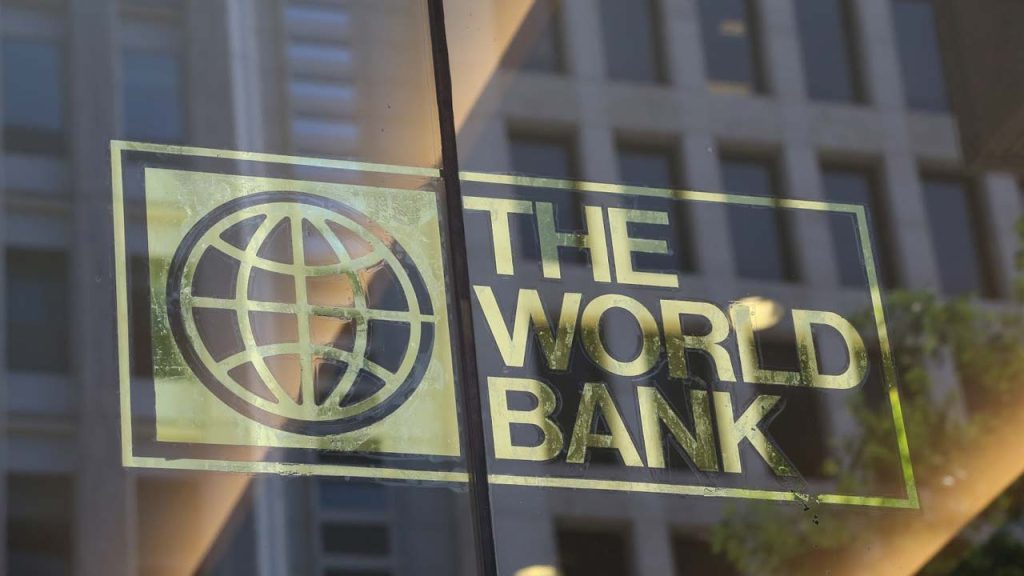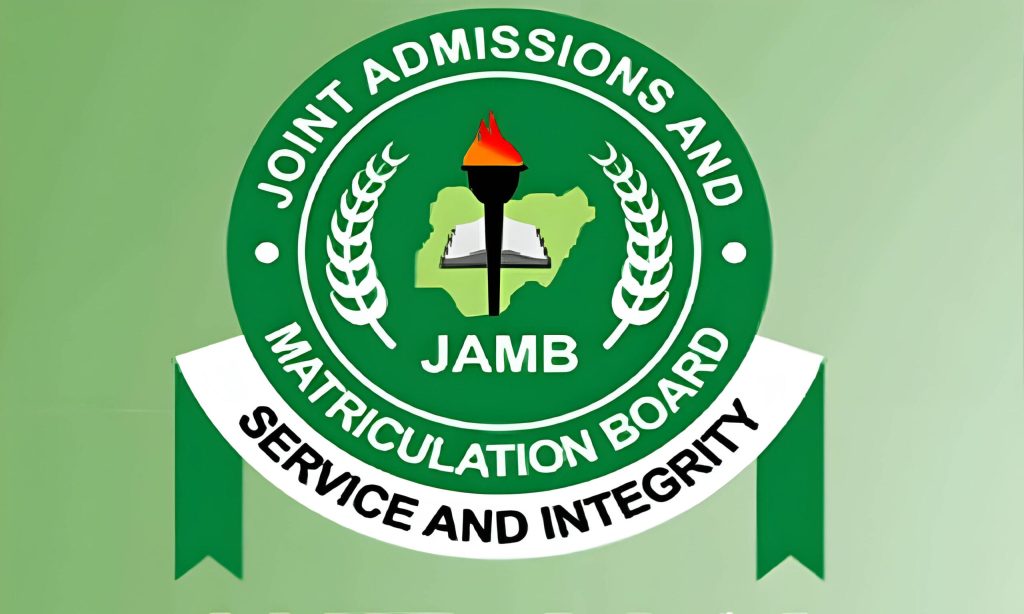The residents of Kantudu Ward in Birninkudu Local Government Area of Jigawa State are celebrating the restoration of their pipe-borne water supply, which had been non-functional for an astonishing 32 years. This development marks a significant milestone in the community’s history, bringing much-needed relief to its inhabitants.
A Three-Decade-Long Struggle
For over three decades, the people of Kantudu Ward grappled with severe water scarcity. The cessation of the public water supply was attributed to a technical malfunction at the water source, leading to dry taps and forcing residents to seek alternative water sources. The absence of a reliable water supply had profound implications on daily life, health, and economic activities in the community.
Community Reactions: A Mixture of Joy and Relief
The news of water flowing again from the taps was met with widespread jubilation among the residents. Adamu Isa, a local inhabitant, described the experience as miraculous. “It has always been a nightmare to roam the streets of the community in search of non-existent pipe-borne water. We often travel for over three hours to neighboring communities in search of both domestic and drinking water. It is indeed heartwarming and a relief that the taps have started running again,” Isa remarked.
Another resident, Ado Musa, highlighted the challenges posed by the reliance on boreholes, which, due to poor maintenance, often provided unhygienic water. The lack of proper water infrastructure had compelled many to depend on water vendors, leading to increased financial burdens on households.
The Role of Local Leadership
The swift restoration of the water supply can be largely credited to the proactive approach of the newly appointed Local Government Chairman, Dr. Muhammad Uba. Upon assuming office, Dr. Uba prioritized addressing the water scarcity issue that had plagued the community for decades. “Being part of the community, I know how people suffered with water because the few houses that have boreholes have been overwhelmed. So, on assuming office, we committed to how we were going to restore the water as quickly as we could. It has been successful, though work is still in progress,” Dr. Uba stated.
He further emphasized the need for ongoing infrastructure improvements, noting that while repairs had been conducted, there were still old pipes that required replacement to ensure a consistent and safe water supply.
Economic Implications: Impact on Water Vendors
The restoration of the water supply has also affected local water vendors. While some might assume that this development would negatively impact their livelihood, vendors like Mr. Habu Ali have expressed optimism. He pointed out that not all households are connected to the public water system, providing an opportunity for vendors to continue their trade by supplying water to these homes. Additionally, the reduced distance to water sources within the community has made the task less arduous for vendors.
Government Initiatives: A Broader Perspective
The success in Kantudu Ward is part of a larger effort by both state and federal governments to address water scarcity in various parts of Jigawa State. Recently, the Federal Government unveiled the Greater Dutse Water Supply Project in Sintilmawa, Jigawa State, valued at ₦59.46 billion. This ambitious project aims to provide potable water to over 1.5 million residents of Dutse and its environs, addressing a daily water supply deficit of 10 million liters. The project includes the construction of 35 industrial boreholes equipped with solar-powered pumps, a 1,000m³/hr water treatment plant, and the installation of extensive pipeline networks. The initiative underscores the government’s commitment to enhancing the quality of life for its citizens through improved water infrastructure.
Challenges Ahead: Infrastructure and Maintenance
While the restoration of the water supply in Kantudu Ward is a significant achievement, challenges remain. The existing infrastructure, having been dormant for over three decades, requires comprehensive assessment and rehabilitation. Dr. Uba has acknowledged the presence of outdated pipes that need replacement to prevent future disruptions. Moreover, the community must establish sustainable maintenance practices to ensure the longevity of the water supply system.
Community Engagement: A Call for Collective Responsibility
Dr. Uba has appealed to the residents to take ownership of the project and safeguard the infrastructure against vandalism. Community engagement and responsibility are crucial in maintaining the functionality of the water supply system. By fostering a sense of ownership, the community can work collaboratively with local authorities to ensure the sustainability of the water supply.
Health Implications: Access to Clean Water
Access to clean and safe drinking water is fundamental to public health. The prolonged water scarcity in Kantudu Ward had likely contributed to health challenges, including waterborne diseases. The restoration of the water supply is expected to have a positive impact on the community’s health outcomes, reducing the prevalence of such illnesses and improving overall well-being.
Conclusion
The restoration of the pipe-borne water supply in Kantudu Ward after 32 years is a testament to effective leadership, community resilience, and the importance of prioritizing essential services. While challenges remain, the collaborative efforts between the local government and the community have set a foundation for sustainable development. As the residents of Kantudu Ward celebrate this milestone, it serves as a reminder of the critical role that access to clean water plays in the socio-economic development of communities.













